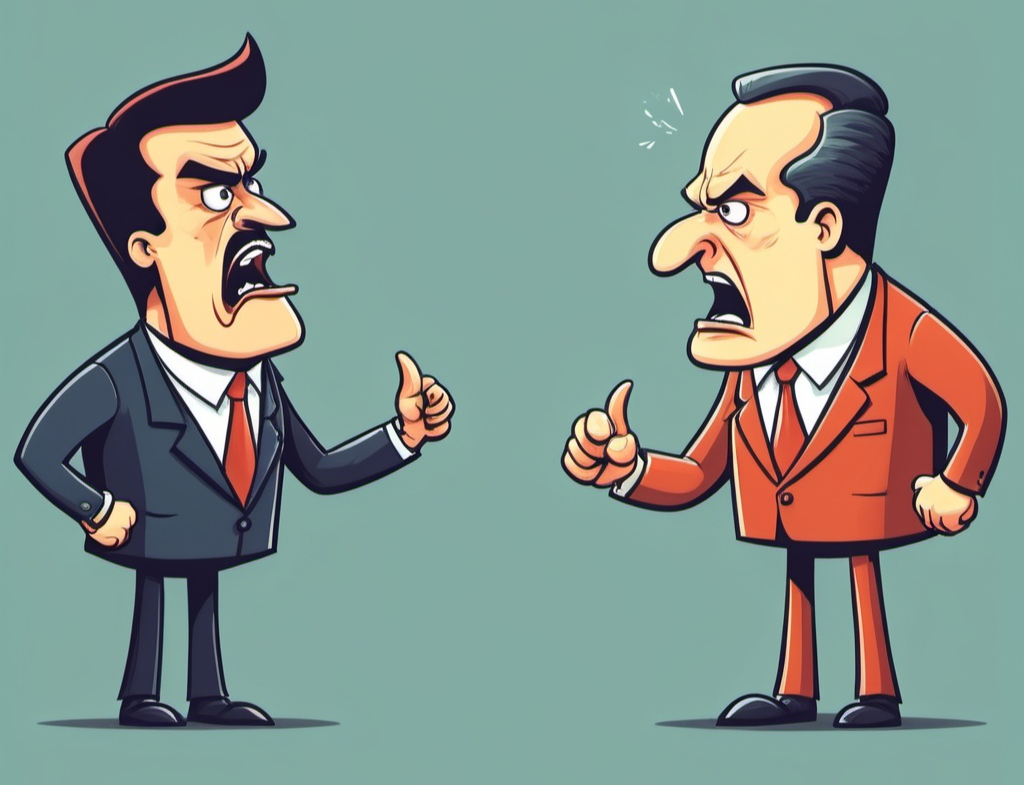Define “Leadership”

This week we look at leadership, failure, and failures of leadership.
<<Support my work: book a keynote or briefing!>>
Want to support my work but don't need a keynote from a mad scientist? Become a paid subscriber to this newsletter and recommend to friends!
Research Roundup
Lost Capacity
What makes a great leader? Many young women (and I guarantee you, quite a few young men) have come to believe that the answer doesn’t include them.
“Women…are 27.4% less likely to apply for early-career promotions” than their male counterparts. However, “women already in leadership are not less likely to apply for subsequent promotions.” Neither “success likelihood” nor “confidence” seem to explain this difference. “Even women who do not have children and are not married…are still less likely to apply for promotions, and are less willing to take on team leadership.”
Nearly half of young women saw “the inherent position features of team leadership” as unappealing, envisioning “larger teams and more frequent conflicts”. In contrast, most men “may anticipate respect as team leaders — due to everyday sexism, subtle praise by colleagues, no ‘mansplaining’, and the predominance of male managers.”
This resonates with me. The research literature repeatedly reveals greater hostility toward and greater dismissal of women on teams and as leaders. These accumulated experiences make for a potent negative signal to female team leadership aspirations. As a personal experience, mansplaining alone is…infuriating.
I would also add an entirely unexplored dimension here: the very nature of “leadership”. Are many women, and some men, being asked to conform to a style of hierarchical leadership that does not suit their strengths or preferences? It is the “common design features of leadership positions” that might be the culprit, even though these hierarchical features actually reduce collective intelligence and innovation.
Failure Isn’t Learning
Failure isn’t learning. It is an important facet, but failure by itself does not cause learning any more than the hardship by itself causes resilience. And yet there is this persistent, lazy idea that failure is not simply necessary (it is) but sufficient (it’s not).
The source of this fallacy is explored in a new paper. People systematically “overestimate the rate at which people course correct following failure”. Aspiring professionals who fail bar exams or medical boards don’t buckle down and pass, and heart attack or overdose survivors don’t improve their lifestyles, at least not nearly as much as observers expect. Learning depends on much more than simple failure, but the examples of salient success stories leads us astray.
The fallacy of failure doesn’t stand alone. Even scientists regularly misattribute causal relationships to the mere correlational due to “ambiguous causal language and thinking, statistical under- or over-control, effect heterogeneity, interference, timescales of effects and complex treatments”. Worse, “methods optimized for addressing one of these challenges frequently exacerbate other problems”. Overcoming false causation in science and everyday life require asking better, clearer questions. It also requires drawing on broader arrays of information including “(quasi-)experimental research” and theoretical models.
When I’m asked to help solve some complicated problem, it is rarely the technology that has gone wrong. Instead the most vexing problems persist because we misunderstand people and how they make choices. Breaking these fallacies, and more beyond platitudes about failure, means aggressively questioning assumptions.
Weekly Indulgence
Big news: I’m relaunching the newer and better Socos Academy at socos.org.
Bigger News: You can finally reserve a copy of “How to Robot-Proof Your Kids”.
10 years in the making my highly footnoted, occasionally foul-mouthed, scifi-alluding exploration of what it means to be human in an increasingly automated world is nearly ready. In celebration all new and existing yearly subscriptions to Socos Academy will receive a pre-order copy as part of their subscription.
Hurray!
Stage & Screen
- September 17, NYC: Dionysus and The Human Trust are holding doing something amazing at the UN. Stay tuned to be apart of it.
- September 26, Wyoming: Tetons Leadership Counsel
See my full schedule and if your company, university, or conference just happen to be in one of the above locations and want the "best keynote I've ever heard" (shockingly spoken by multiple audiences last year)?
If your company, university, or conference just happen to be in one of the above locations and want the "best keynote I've ever heard" (shockingly spoken by multiple audiences last year)?
SciFi, Fantasy, & Me
I haven’t finished The Book That Wouldn’t Burn (scifi purests be forewarned: I like fantasy too). In fact, it’s not at all clear to me what’s happening at this point…but I want to know. What better recommendation could I make? A mysterious library that eats people on a dying desert world—I’m ready to get back to it right now.
Vivienne L'Ecuyer Ming
| Follow more of my work at | |
|---|---|
| Socos Labs | The Human Trust |
| Dionysus Health | Optoceutics |
| RFK Human Rights | UCL Business School of Global Health |
| Crisis Venture Studios | Inclusion Impact Index |
| Neurotech Collider Hub at UC Berkeley | GenderCool |